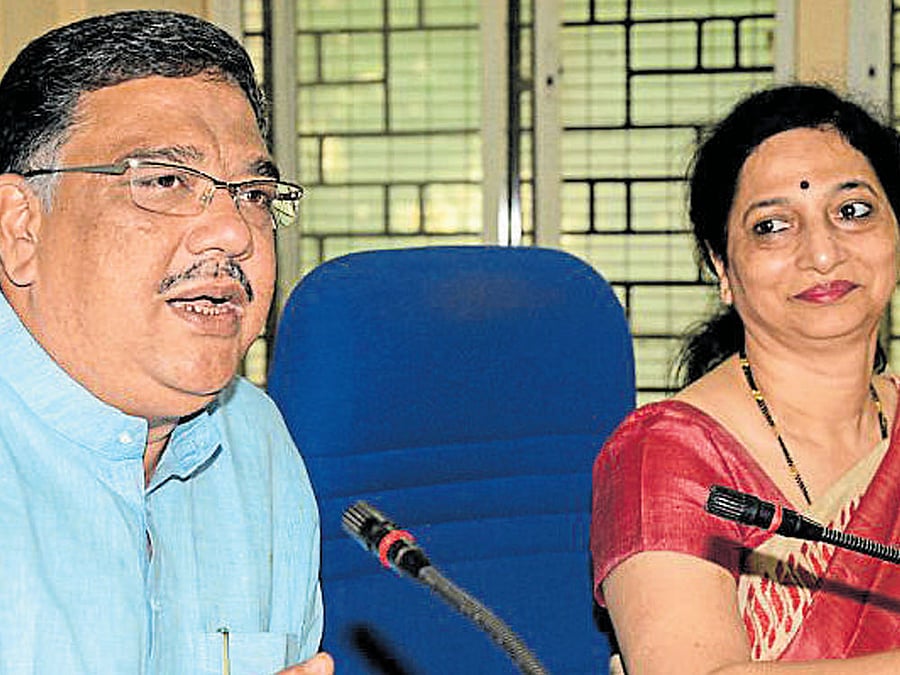
According to the new draft rules framed by the state government, minority institutions should have 25% students from the minority community - be it linguistic or religious. The students can be from any religious or linguistic minority and need not be from the minority community of the institution.
The draft Karnataka Educational Institutions (Recognition of Minority Educational Institutions Terms and Conditions) Rules 2017 were published in a gazette notification on Monday.
At present, there are only guidelines in the form of government orders issued over several years. According to these guidelines, 25% of students should be from the particular minority community that the institution claims to represent. With the new rule, the students can be from any minority community.
For instance, 25% of the students in a Christian minority school should be from any of the minority religions, as notified under clause (f) of Section 2 of the National Commission for Minority Educational Institutions Act, 2004.
Similarly, a linguistic minority institution should have at least 25% students from communities whose mother tongue is other than Kannada and is included in the Eighth Schedule of the Constitution of India. "This has been done to ensure that the purpose of constituting minority institutions is not diluted. The interests of minorities should be served," Primary and Secondary Education Minister Tanveer Sait said. "If the institution fails to adhere to the criteria, minority status can be revoked.
Further, the educational institutions should have two-thirds of the trustees or members of the managing committee from the said community to qualify as a minority institution. A screening committee with the commissioner of Department of Public Instruction as chairperson, director of the Pre-university Education Department as member and the director of Urdu and Minority languages as member-secretary will be the authority to recognise minority institutions.
Minority status will not be accorded to managements having headquarters outside the state.
Stakeholders have 15 days from the date of the publication to file any objections.
